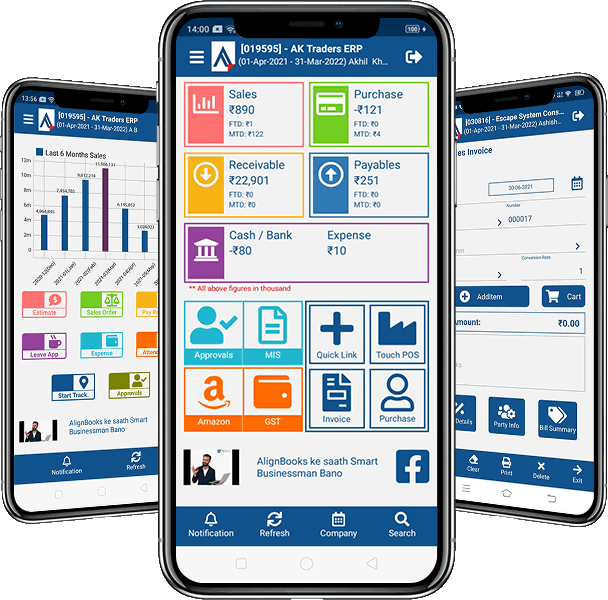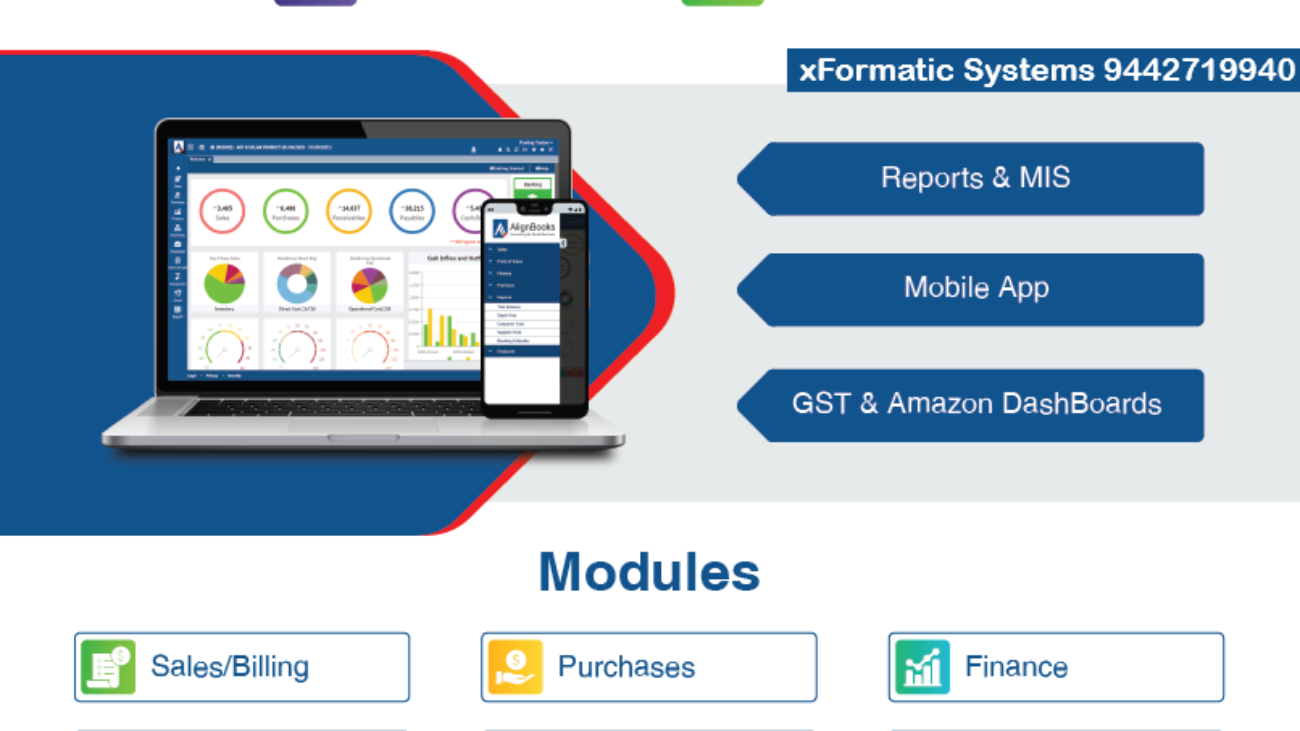While Excel has long been a go-to tool for many businesses to manage their finances and accounting tasks, relying solely on spreadsheets can be limiting and prone to errors, especially as a business grows. Dedicated accounting software offers numerous advantages over spreadsheets, making it a more efficient and reliable solution for managing financial data and processes.
1. Data Integrity and Accuracy:
Accounting software is designed specifically for financial management, with built-in features to ensure data integrity and accuracy. It includes checks and balances, such as double-entry accounting principles, to prevent errors and inconsistencies. In contrast, Excel relies heavily on manual data entry, increasing the risk of human errors and formula mistakes.
2. Automation and Streamlining:
Accounting software automates many routine tasks, such as invoicing, billing, and reconciliations, saving time and reducing the potential for errors. It can also streamline processes like payroll management, tax calculations, and financial reporting. Excel, on the other hand, requires manual effort for most tasks, which can be time-consuming and inefficient, especially for larger businesses.
3. Compliance and Reporting:
Accounting software is designed to comply with accounting standards and regulations, such as Generally Accepted Accounting Principles (GAAP) or International Financial Reporting Standards (IFRS). It can generate accurate financial statements, tax reports, and other regulatory filings with minimal effort. Maintaining compliance and generating reports in Excel can be a complex and error-prone process.
4. Multi-User Access and Security:
Accounting software typically offers multi-user access with robust security features, such as role-based permissions and audit trails. This ensures that sensitive financial data is protected and accessible only to authorized personnel. Excel spreadsheets, while shareable, lack advanced security controls and can be more vulnerable to unauthorized access or accidental changes.
5. Scalability and Integration:
As businesses grow, accounting software can scale more effectively than Excel. Many accounting solutions can handle large volumes of data and integrate with other business systems, such as customer relationship management (CRM) or inventory management software. This integration enables a seamless flow of data and improved operational efficiency.
6. Backup and Recovery:
Accounting software often includes robust backup and recovery mechanisms, protecting critical financial data from loss or corruption. Excel files, while shareable and storable, lack the same level of built-in backup and recovery features, making data recovery more challenging in the event of file loss or system failures.
While Excel can be a useful tool for simple financial tasks or small businesses, as an organization grows and its financial operations become more complex, dedicated accounting software becomes increasingly valuable. It offers greater accuracy, efficiency, compliance, security, and scalability, ultimately saving time and reducing the risk of errors in financial management.

 Cart is empty
Cart is empty 

